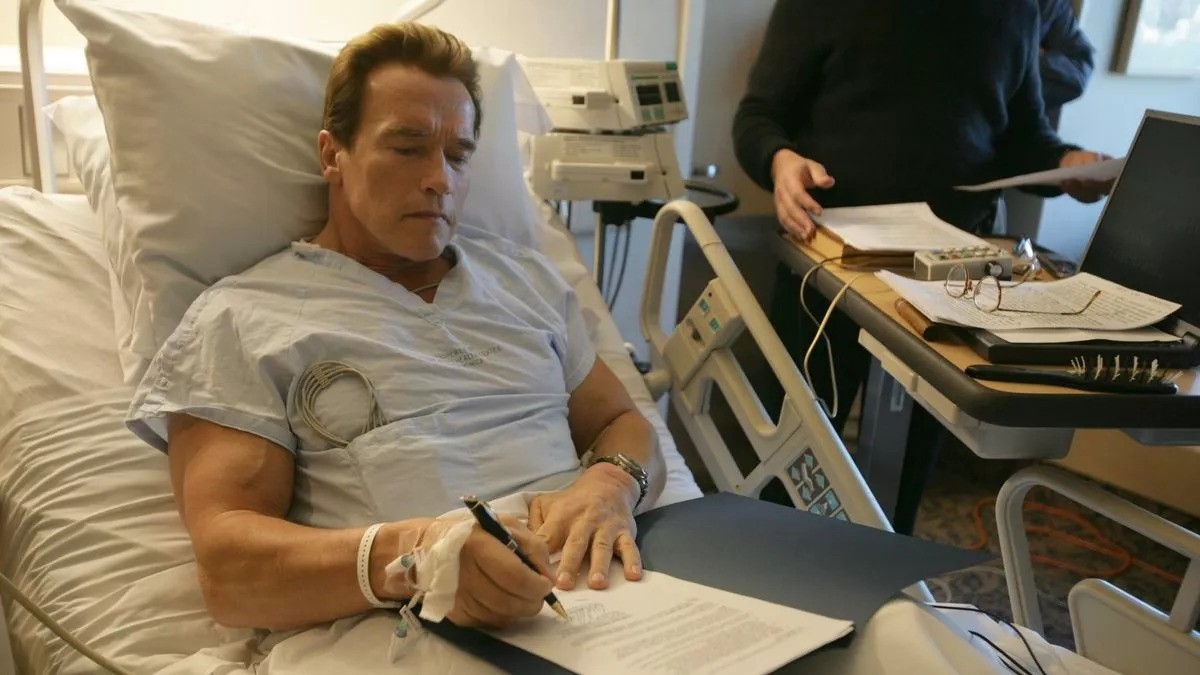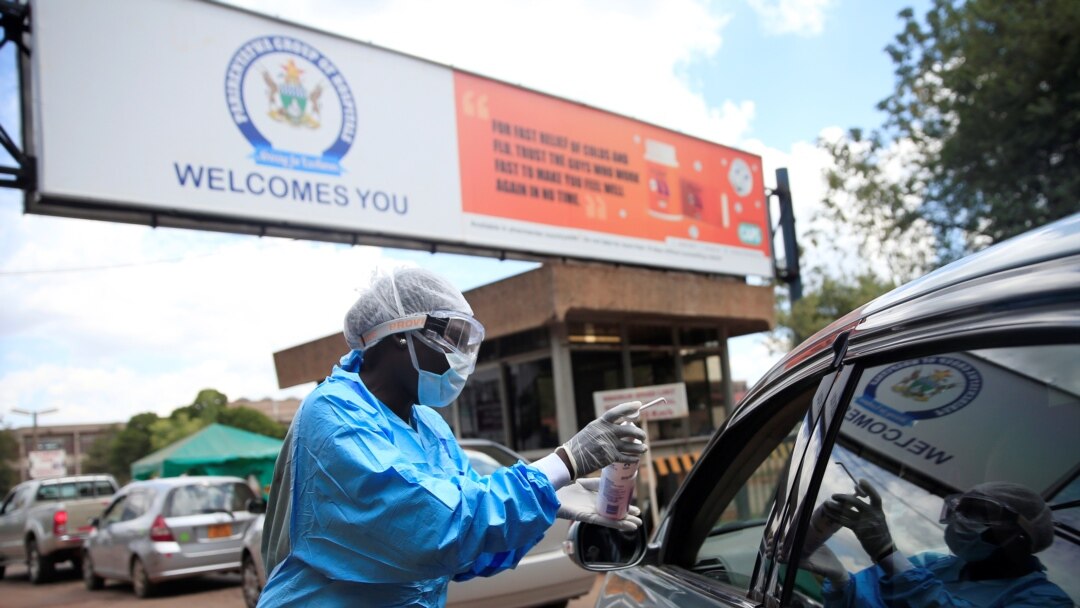GOVERNMENT’S decision to impose restrictions on a range of imported drugs and medicines earlier this year to protect the local drug manufacturers has badly boomeranged as the country could soon face a serious drug shortage, it has been reported.
In February this year, government, through Statutory Instrument 18 of 2016, placed import restrictions on 23 drugs in order to save domestic producers, who had petitioned the powers-that-be to protect them from external competition.
Among the restricted medicines were Asprin and Caffeine tablets, Contrimoxazole, Ibuprofen tablets or capsules, Paracetamol tablets, Amoxicillin tablets and Sodium Chloride.
While Zimbabwean producers, across all sectors of the economy, have been campaigning for protection against cheaper imports, the pharmaceutical industry is in quandary after the restrictions failed to improve their situation.
Locally produced drugs and medicines have remained uncompetitive due to high costs of production, while lack of access to capital has further hamstrung manufacturers.
While defending the drug restriction regime, the Pharmaceutical Manufacturers Association (PMA), this week, said it would import drugs to cover for any shortages.
“The local manufacturing industry is capable of providing for the market and the restriction was put in place after necessary consultations were made. It is not something that was done haphazardly. But, in cases where the shortages are encountered we will import,” said PMA chairperson, Emmanuel Mujuru.
Investigations by the Financial Gazette revealed that there is a serious price disparity between imported and locally manufactured drugs and medicines meaning that the restrictions have largely been ineffective.
For example, a box of imported 500 ibuprofen tablets cost US$12,50 while the same product made locally is going for US$28,50.
Pharmacists who spoke to the Financial Gazette said such kind of price disparities, in the wake of import restrictions, would affect supply.
“The restriction has affected supply of certain medicines in the sector because our local industry does not have full capacity to meet demand. This has affected our operations as an organisation because we are also failing to meet demand due to unavailability of some drugs which results in revenue dips as most clients would prefer to fill a prescription at one shop,” said one pharmacist who spoke on condition of anonymity.
Pharmaceutical Working Group chairman, Nigel Chanakira, in October last year revealed that the country imports over US$400 million worth of basic drugs which was threatening operations of the local industry.
The pharmaceutical industry, which currently employs over 1 000 people and comprises of about nine companies, has, however, been facing operational challenges due to the current economic woes ravaging the country.
Several pharmaceutical companies collapsed in the past two years, with more than 2 000 people losing their jobs. More drug manufacturers are expected to fold.
Before 2000, the local pharmaceutical industry used to supply more than 75 percent of the country’s essential drug requirements, through the government-owned National Pharmaceutical Company of Zimbabwe (NatPham), but this has since dropped to about 35 percent and could be even lower given the current low capacity utilisation in the industry.
Due to lack of funding, NatPharm has virtually stopped procuring from local manufacturers.
Some pharmaceutical firms allege that NatPharm still owes them large amounts of money for drugs supplied during Zimbabwe’s hyperinflationary era of 2007 and 2008.
Because of the increased demand for drugs due to the import restriction coupled by financial challenges, there are now growing concerns that the industry would be incapable of producing essential drugs for the country’s requirements resulting in serious drug shortages.
Industry and Commerce Minister, Mike Bimha, said the industry requires US$80 million to fund operations to boost capacity utilisation.
A Kadoma-based pharmacist observed that: “Besides the looming shortage, they should have put into consideration the end user cost of the imported drugs against the locally made ones. We would want a situation where medication is available both in public and private sector at an affordable price for even the low income earners.”
Stakeholders in the health sector also fear that the looming shortages would result in smuggled drugs flooding the market and further destroying a sector that is already constrained by economic challenges. The situation would also endanger the health of many patients.
About 100 000 deaths a year in Africa are linked to the counterfeit drug trade, according to the World Health Organisation.
A British think-tank, International Policy Network, estimates that globally, 700 000 deaths a year are caused by fake malaria and tuberculosis drugs.
Knowing their financial challenges, some countries in the Southern African Development Community region have prioritised the importation of drugs to enhance their health delivery system.
Zambia has, for example, increased the country’s national healthcare budget by 72 percent from 2012 to 2015 and its imports of pharmaceuticals have also been on an upward trend since 2010, increasing by over 90 percent from US$115 million in 2010 to US$220 million in 2014.-Fingaz
Health & Fitness
Main News
Zimbabwe faces serious drug shortage
- 02/06/2016
- 0 Comments
- 3 minutes read
- 63 Views






